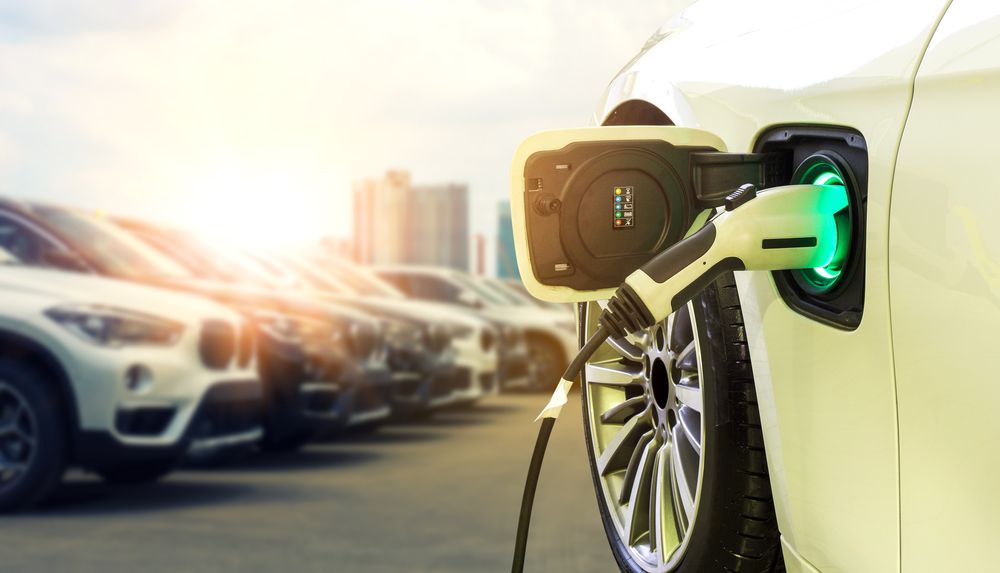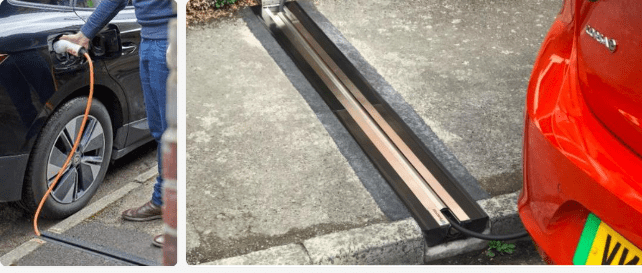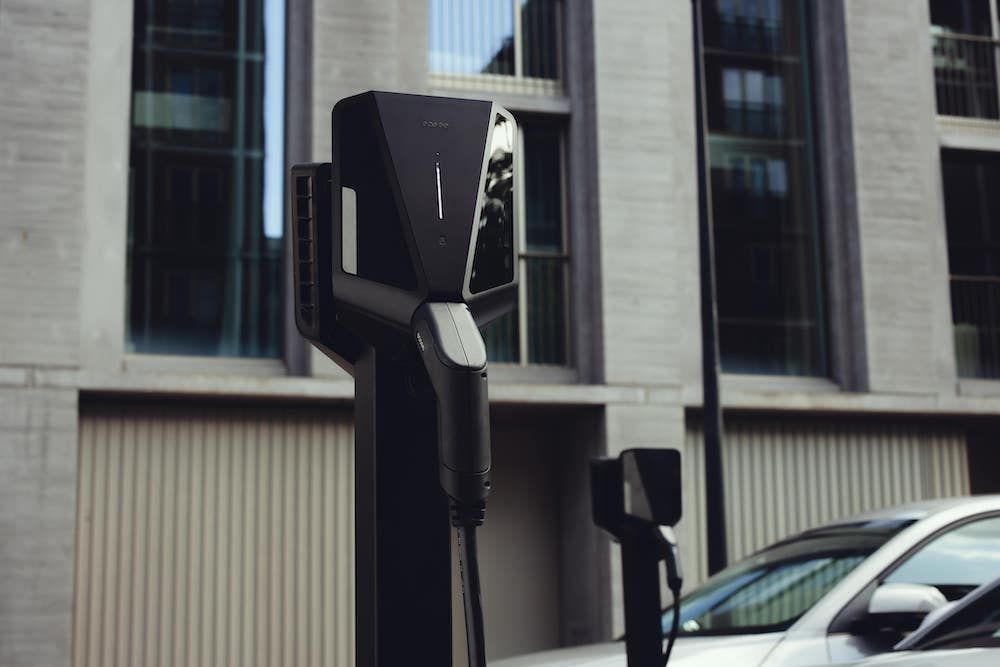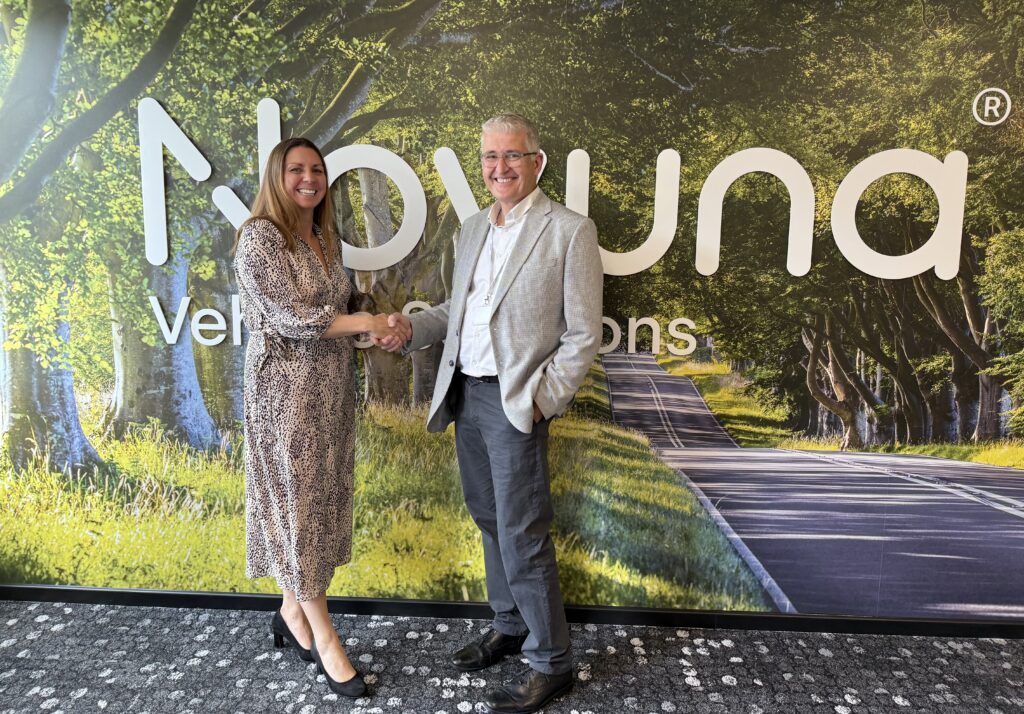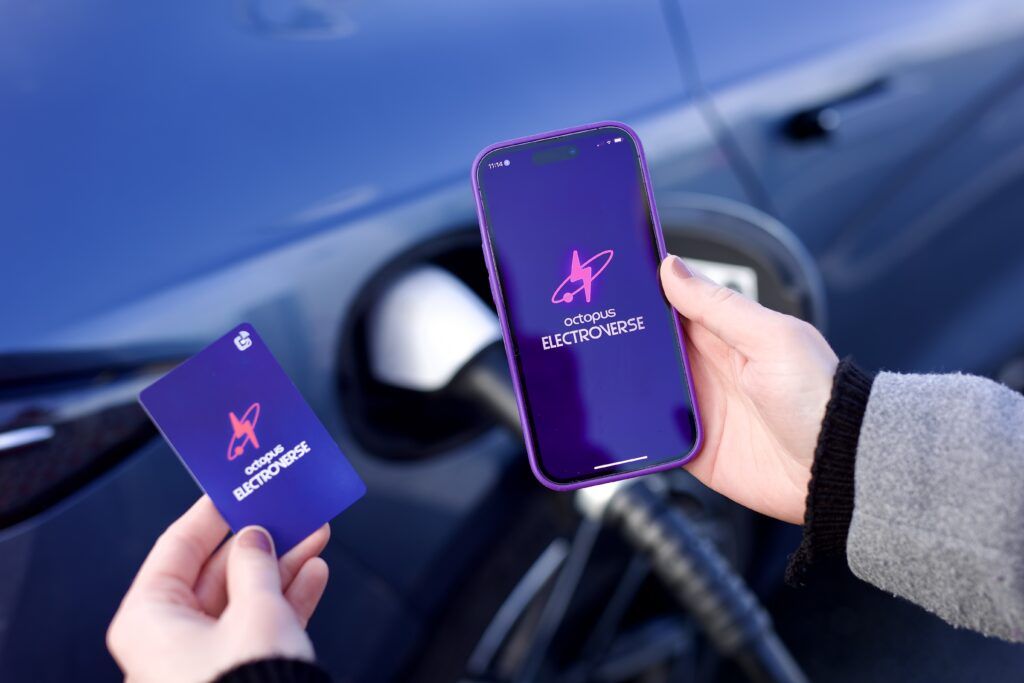There has been mixed reaction to the launch of a report from the Transport Select Committee which sets out key recommendations on electric vehicles.
In the report entitled ‘Zero emission vehicles‘, published today (28 July), MPs on the Transport Committee deliver a set of recommendations to Government to boost the production and purchase of electric vehicles as the net zero deadline approaches.
The committee urged the UK Government to take measures to encourage drivers to top up batteries more frequently, rather than recharging from empty to full in one go, which puts more strain on the electrical grid.
Daniel Auger, IEEE senior member and Reader in Electrification, Automation and Control at Cranfield University said: “A few years ago, people became very optimistic about the possibilities of electric and autonomous vehicles. As with every hype cycle, there was a lot of enthusiasm and ambition at the start, however, now, people have a better understanding of what is actually possible and how quickly the technology can indeed mature – there’s still a lot of work going on behind the scenes. For the next few years, lithium-ion batteries will likely dominate the market for the automotive sector, and this is a result of their high technology readiness level.
“As it currently stands, we do have the right technology for energy storage – in fact the range of technologies we can use is broader than that. However, one of the biggest challenges facing the electric vehicle market as a whole is distribution and scaling up production, though the UK Government has funded some great work here. There is also a need to understand how to re-use, recycle and dispose of used batteries safely and efficiently. More importantly, as this report suggests, charging stations must be spread evenly throughout our cities: you need to be able to charge conveniently, and when necessary, you need access to a fast charge. This will take time and will naturally require further investment if this new approach is to work.”
The Committee also wants to see much greater support for councils when it comes to adopting charging infrastructure.
Chris Pateman-Jones, CEO of Connected Kerb said: “Without reliable, affordable and accessible public charging, households without off-street parking will be left behind. With the 2030 ban on sales of new petrol and diesel vehicles fast approaching, it’s crucial that we act now to ensure this doesn’t happen. This means ramping up the installation of on-street charging solutions across the board – from densely populated urban to remote rural areas. We have to ensure that where someone lives isn’t a barrier to driving electric.”
The report also includes recommendations on managing energy demand and smart charging.
Randolph Brazier, Director of Innovation and Electricity Systems at Energy Networks Association which represents the UK and Ireland’s energy networks businesses, said: “A smart, flexible grid is the most efficient and reliable option for us to hit Net Zero – one which we are paving the way towards with our world-leading flexibility markets and intelligent systems. Allowing early investment in the electricity networks now and making sure that charging points are smart will empower customers across the country, keeping their costs down and making sure that they see the full benefit of their electric vehicles.”
Image: Shutterstock



